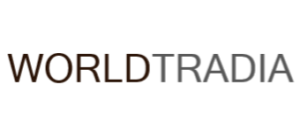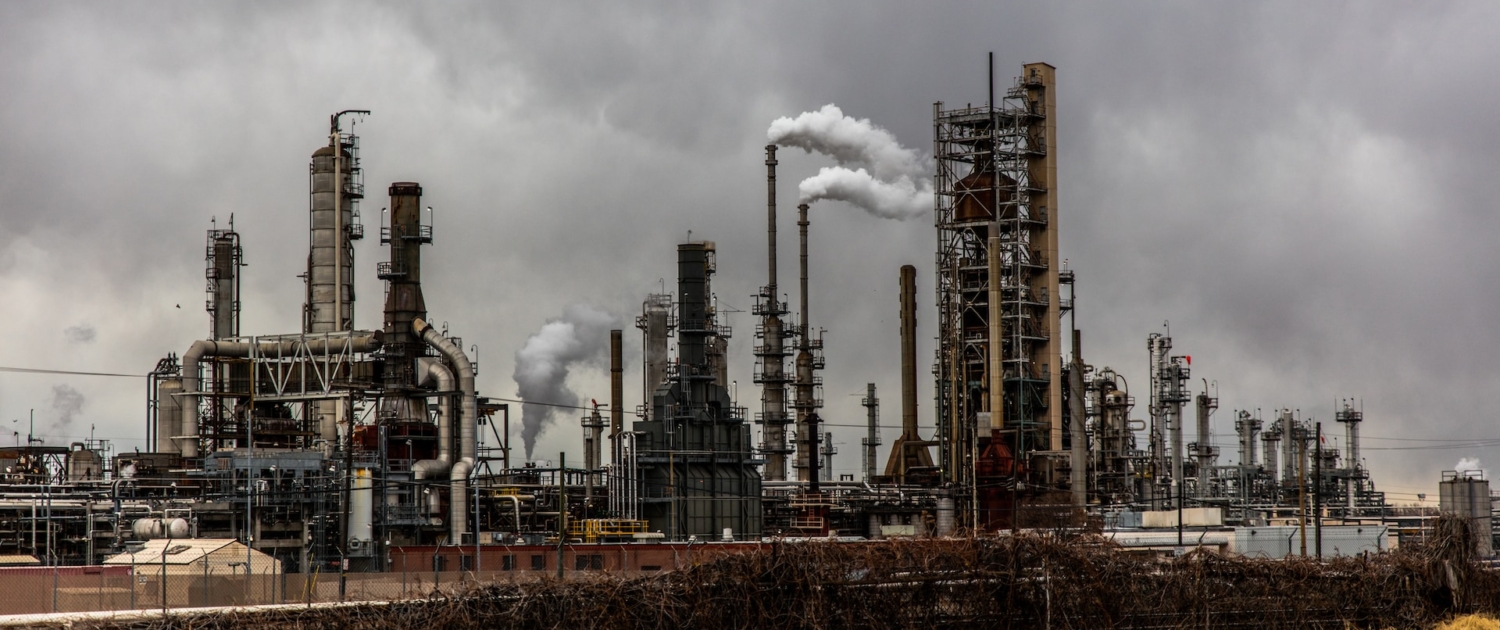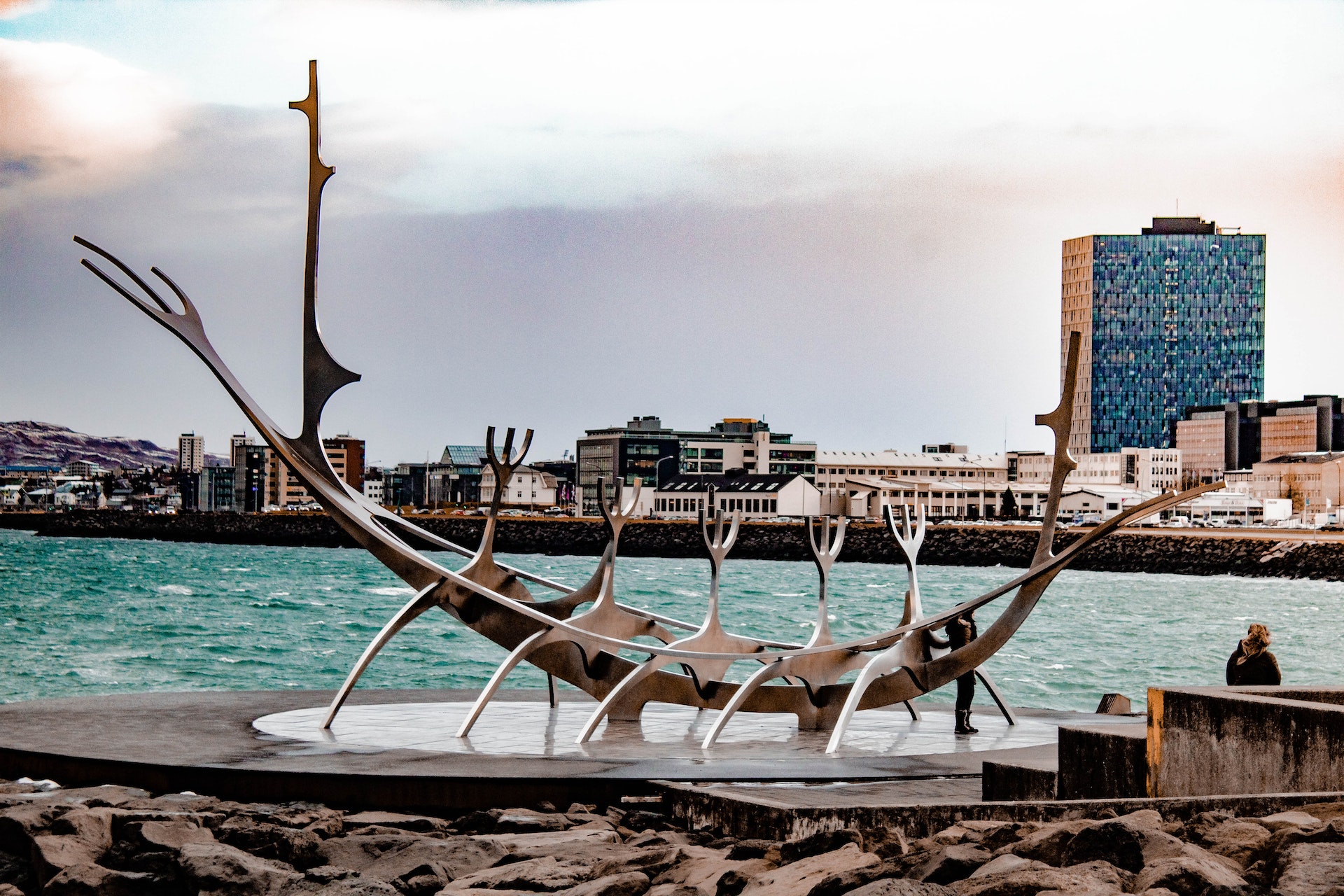OPEC
OPEC
In accordance with its Statute, the mission of the Organization of the Petroleum Exporting Countries (OPEC) is to coordinate and unify the petroleum policies of its Member Countries and ensure the stabilization of oil markets in order to secure an efficient, economic and regular supply of petroleum to consumers, a steady income to producers and a fair return on capital for those investing in the petroleum industry.
Organization of Petroleum Exporting Countries (OPEC) is an international organization created by major oil producing countries to formulate common market policies for its member states. OPEC’s mission statement reads “In accordance with its Statute, the mission of the Organization of the Petroleum Exporting Countries (OPEC) is to coordinate and unify the petroleum policies of its Member Countries and ensure the stabilization of oil markets in order to secure an efficient, economic and regular supply of petroleum to consumers, a steady income to producers and a fair return on capital for those investing in the petroleum industry”.
It works to manage a balance between the laws of demand and supply for crude oil transactions around the world. This is majorly achieved through setting of target productions for member states and price regulations.
The organization was created in the Conference of Baghdad in 1960 by Iran, Iraq, Kuwait, Saudi Arabia and Venezuela. In subsequent years, other oil producing countries joined. they are Qatar (1961), Indonesia and Libya (1962), United Arab Emirates (1967), Algeria (1969), Nigeria (1971), Ecuador (1973), Gabon (1975), Angola (2007), Equatorial Guinea (2017) and Congo (2018).
Currently, Ecuador, Indonesia, Qatar and Gabon have withdrawn their memberships leaving the organization with 13 permanent members. OPEC has its headquarters in Vienna, Austria.
OPEC Plus
OPEC Plus or OPEC+ is an alliance of OPEC and oil producing- non-OPEC countries. The alliance was formed at a meeting in Algiers, Algeria in 2016. The non-OPEC countries include Azerbaijan, Bahrain, Brunei, Kazakhstan, Malaysia, Mexico, Oman, Russia, South Sudan and Sudan.
The OPEC countries control about 35 percent of global oil supplies between them. The inclusion of the productions from non-OPEC countries increase this stake to about 55 percent for the OPEC Plus, thus giving the alliance body greater leverage over the world economy.




